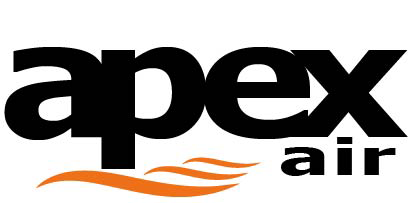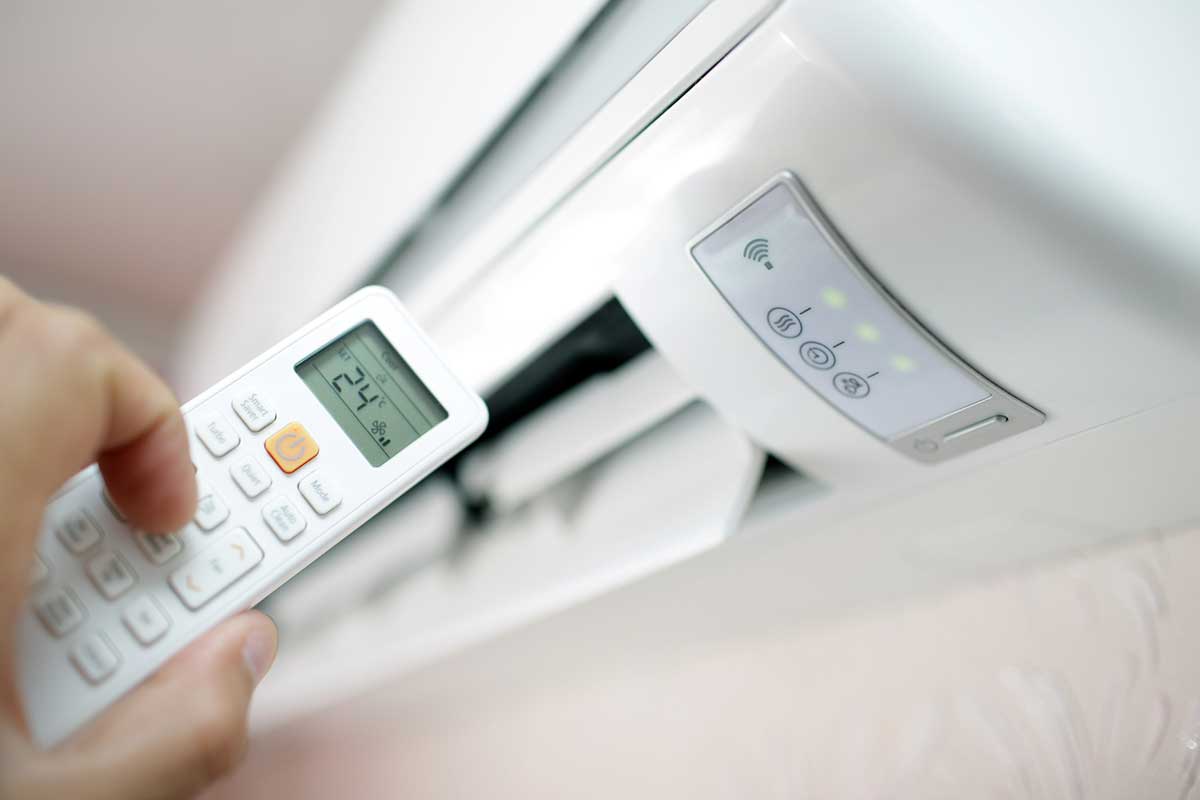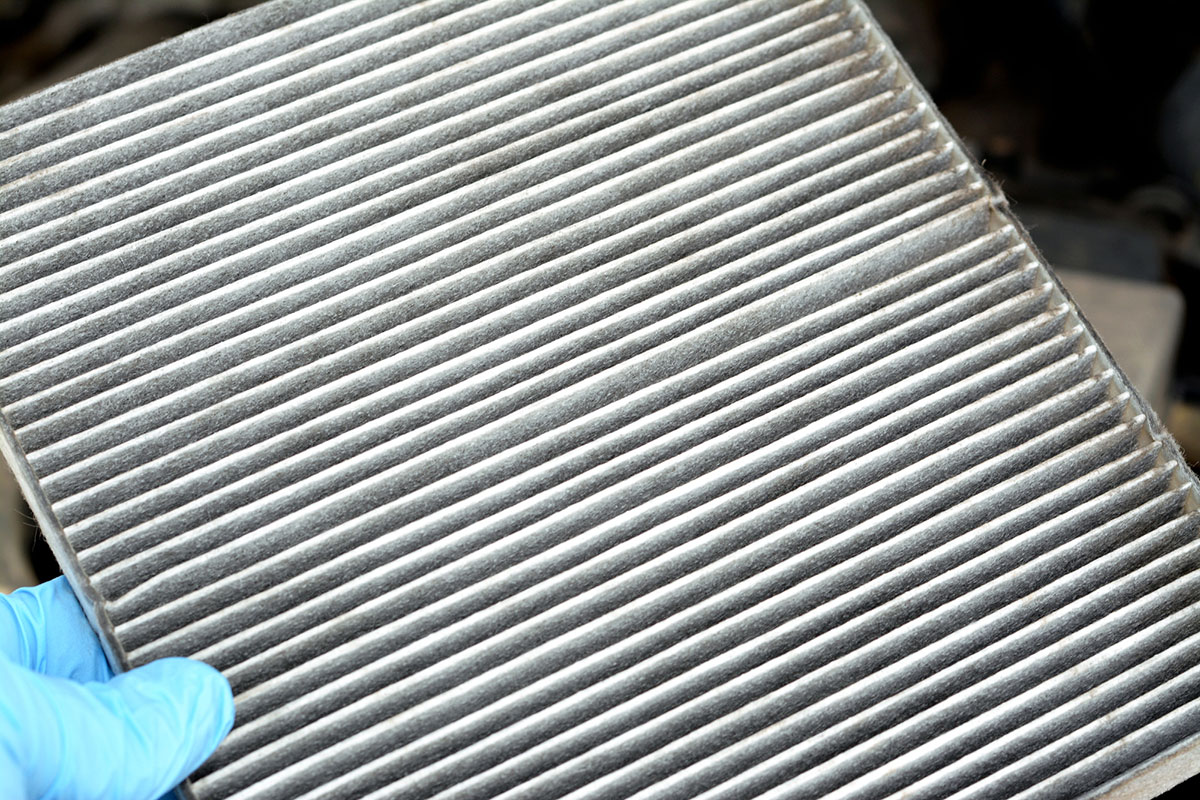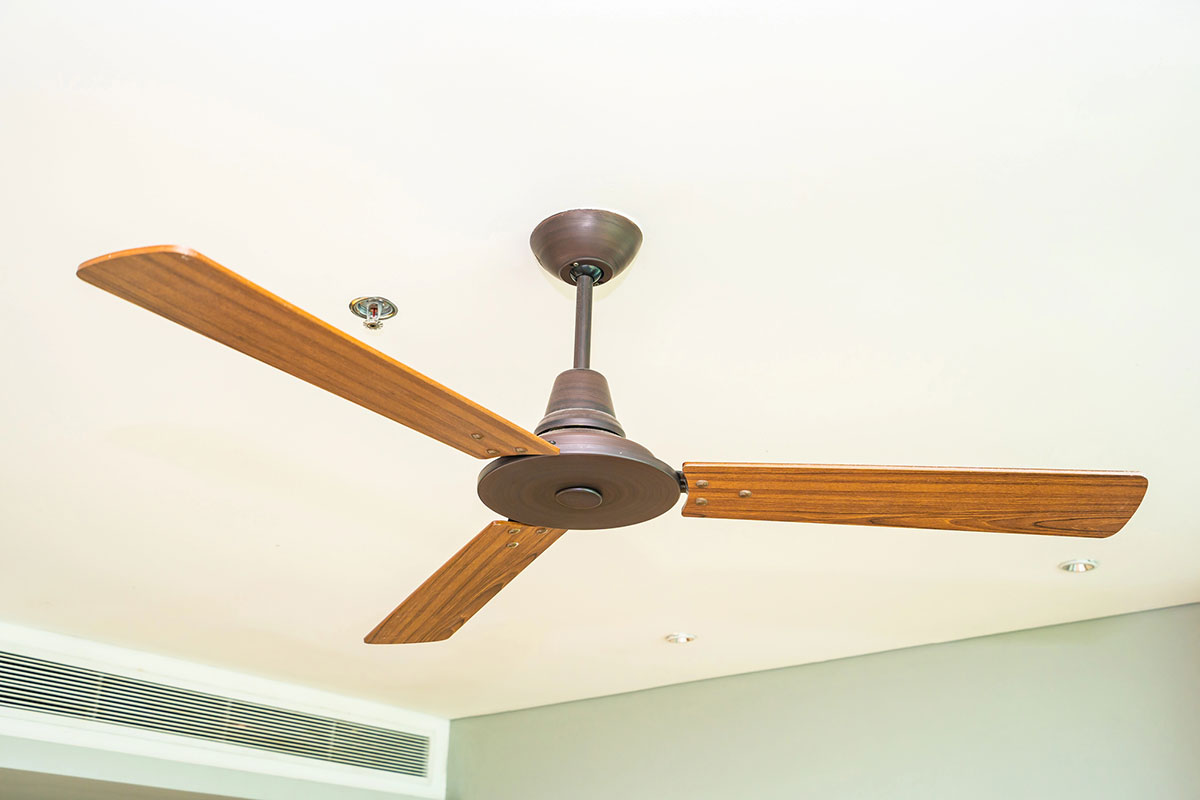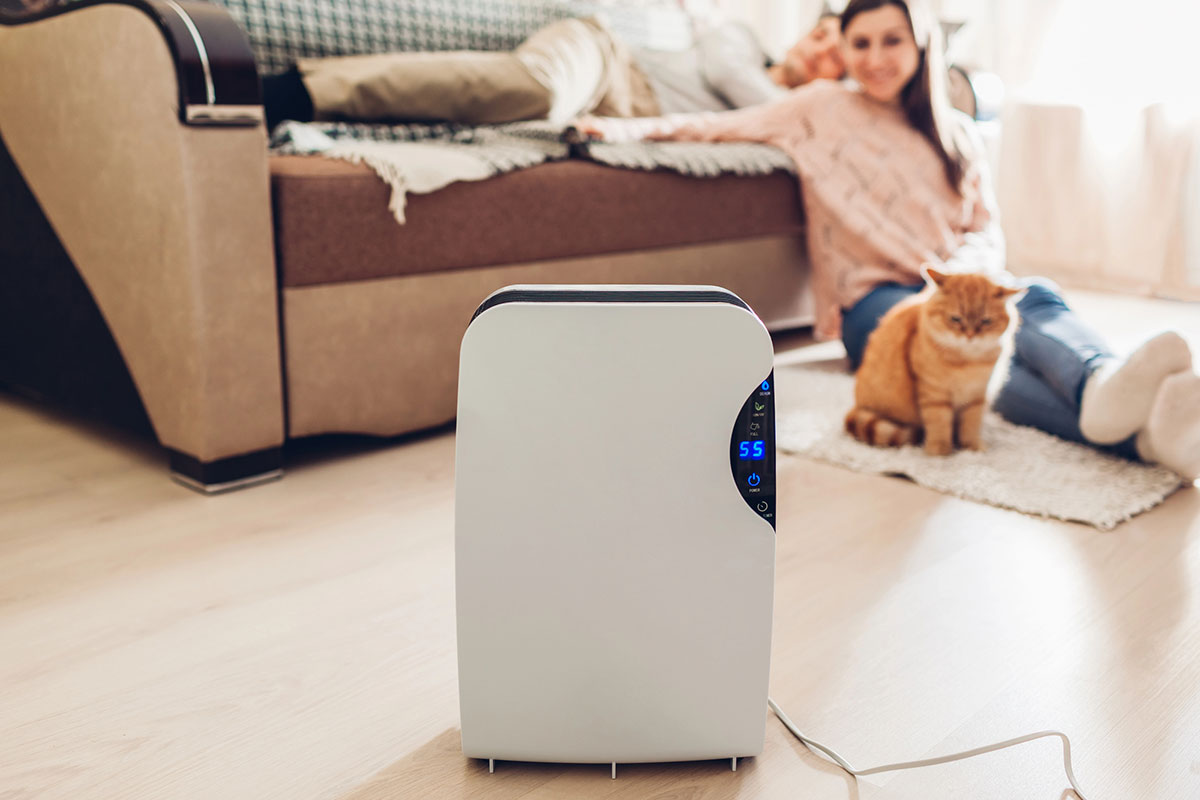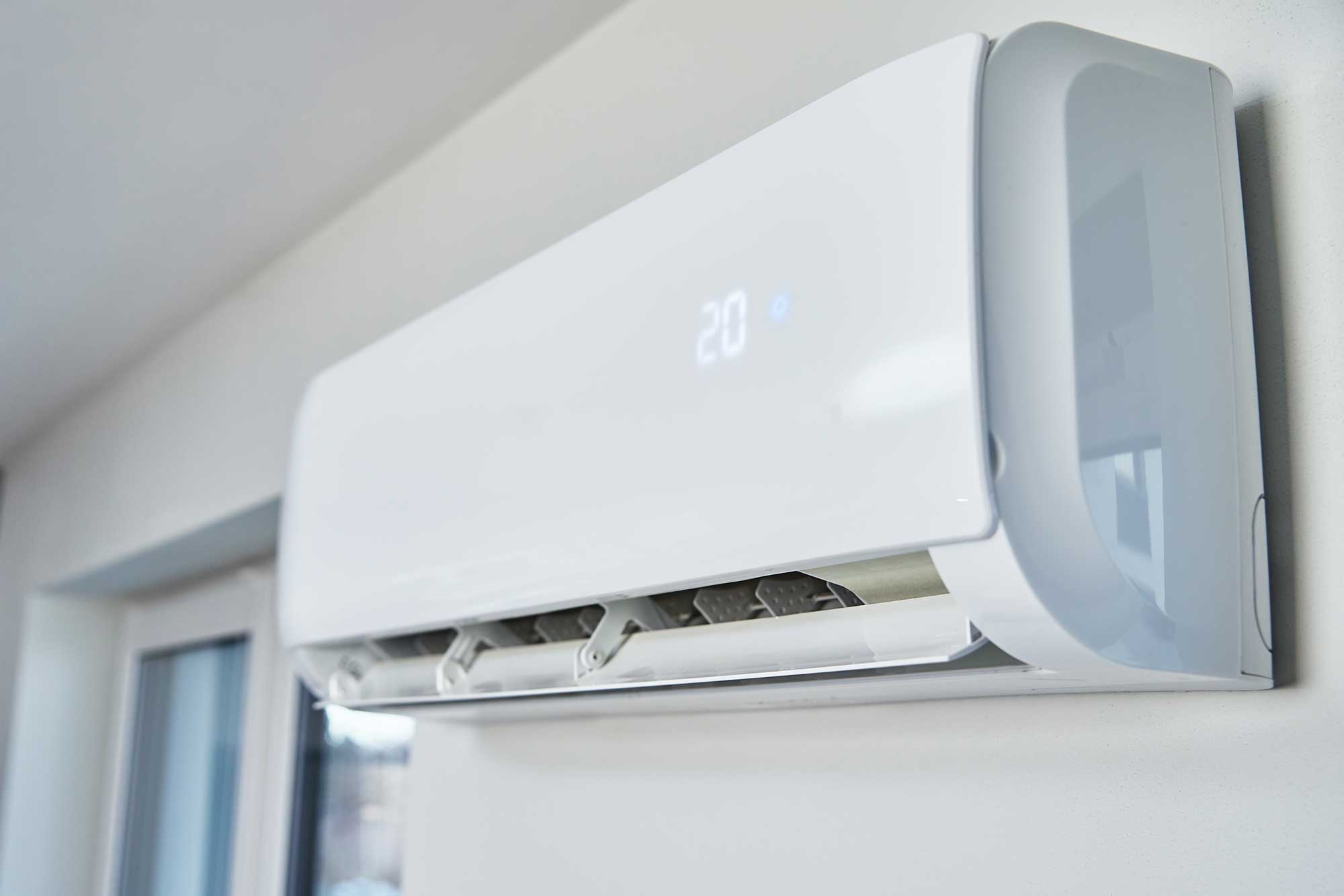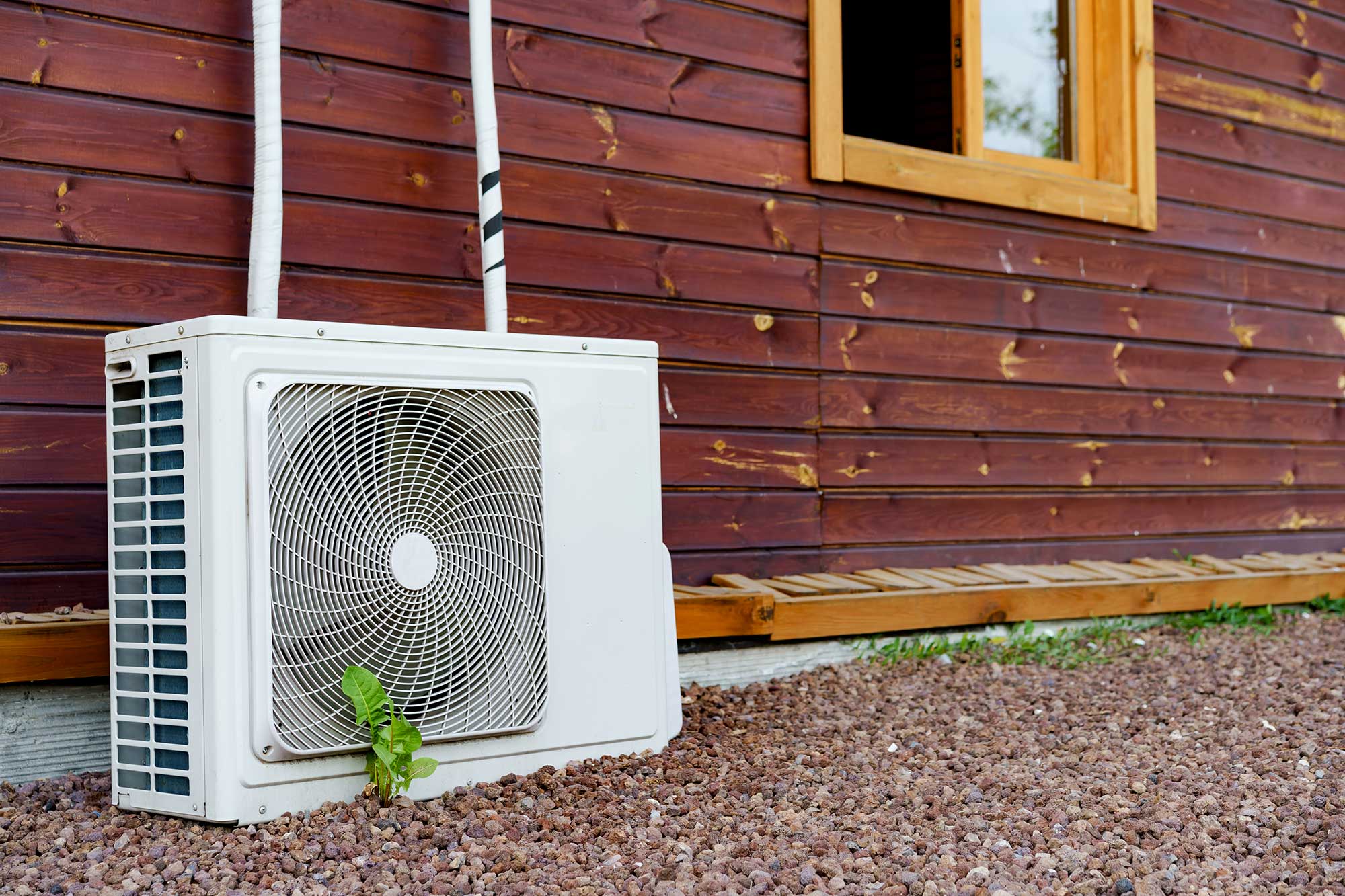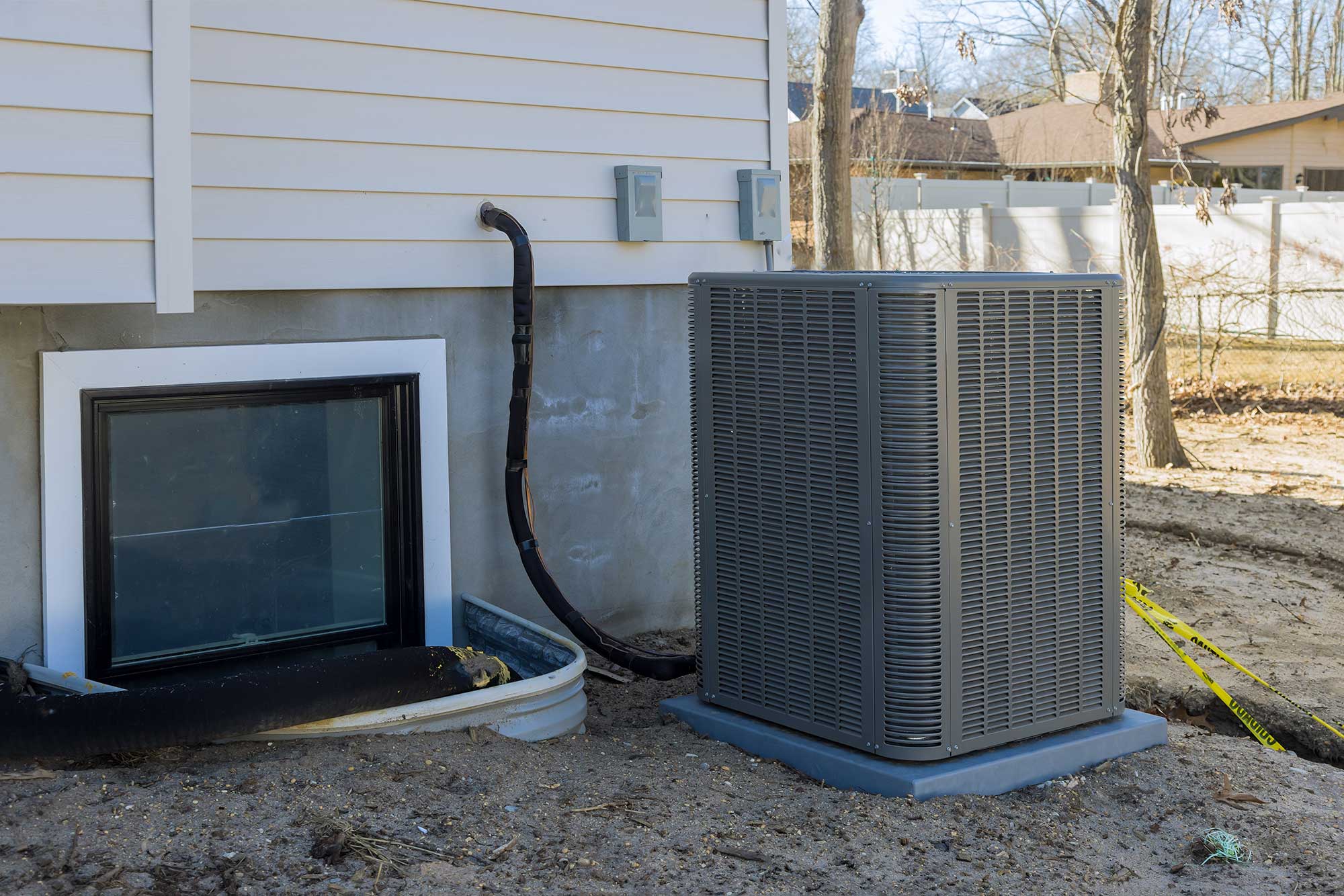There’s nothing worse than turning on your air conditioner during a Washington heatwave… only to feel warm air blowing through your vents. An AC blowing hot air is one of the most common AC complaints — and luckily, it’s often fixable.
If you’ve been wondering, “How do I fix my AC blowing warm air?”, our experts at Apex Air have created a guide to help you. Below, we’ll walk through some of the most frequent causes and what you can do to restore that cool comfort fast.
1. Start With the Thermostat
Before assuming the worst, double-check your thermostat settings. It’s possible the system is:
- Accidentally set to “heat”
- Set to “fan only,” which moves air but doesn’t cool it
- Programmed incorrectly or stuck in an old schedule
Make sure your thermostat is set to “cool” — at a temperature lower than the current indoor temp — and the fan is set to “auto.”
2. Check for a Dirty Air Filter
A clogged filter restricts airflow and can cause your AC to overheat — or fail to cool altogether. If it’s been more than 1–3 months since your last filter change, swap it out and see if that helps.
Clean airflow is key to efficient performance and comfortable indoor temperatures.
3. Look for Refrigerant Issues
Refrigerant is the chemical that actually cools the air. If your system has a refrigerant leak or low levels, it may still run — but only blow warm air.
Signs include:
- Ice on the outdoor unit or evaporator coil
- Hissing or bubbling noises
- Long cooling cycles with little temperature change
This isn’t a DIY fix — you’ll need an HVAC pro to inspect, repair the leak and recharge the system.
4. Inspect the Outdoor Unit
Your condenser coils live in the outdoor unit and help release heat from inside your home. If they’re covered in dirt, leaves or grass clippings, they can’t do their job — and your home stays warm.
Gently rinsing the unit with a garden hose (never a pressure washer) may help. Or, schedule a professional coil cleaning as part of routine maintenance.
5. Check Circuit Breakers
If your indoor fan is running but the outdoor AC unit isn’t, a tripped circuit breaker could be the culprit. Head to your breaker box and see if any switches have flipped.
Reset the breaker and listen for the outdoor unit to turn back on. If it doesn’t — or the breaker keeps tripping — it’s time to call in a technician.
6. Compressor Problems Could Be To Blame
The compressor is a critical part of your cooling system. If it’s malfunctioning or has failed completely, your AC may run but only push out warm air.
This is a more serious issue and often requires replacement. The sooner it’s diagnosed, the more repair options you may have.
Preventive Maintenance Makes a Big Difference
Many of these issues can be avoided with regular seasonal maintenance. An AC tune-up includes:
- Checking refrigerant levels
- Cleaning coils and filters
- Inspecting electrical components
- Testing system performance
Don’t wait for a warm-air emergency to take action — maintenance helps you catch small issues before they become big problems.
Call Apex Air — We’ll Help Fix It Fast
Still need help? Don’t sweat it. The team at Apex Air is here to help.
We’re proud to serve homeowners across the Portland and Vancouver metro areas with expert diagnostics, reliable repairs and affordable service. With over 55 years of combined experience, we’ll get your system back to cooling the way it should.
Contact us today to schedule your AC service or request a consultation. Let’s get your home comfortable again.
